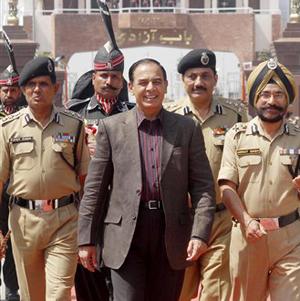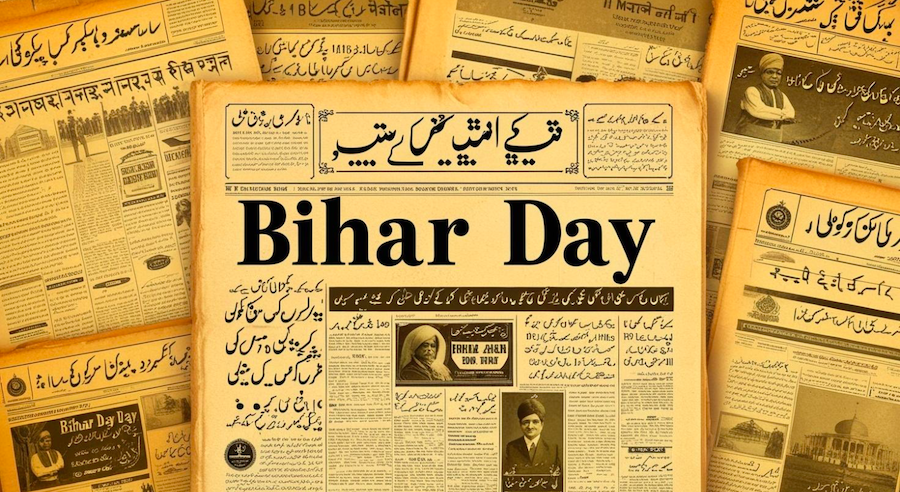BeyondHeadlines News Desk
New Delhi: India and Pakistan have held their first formal peace talks since the 2008 terror attacks in India’s financial hub, Mumbai. The agenda for Monday’s meeting in New Delhi between Indian Home Secretary G.K. Pillai and his Pakistani counterpart, Chaudhary Qamar Zaman, includes counter terrorism issues, the 2008 terror attacks in Mumbai and the relaxation of visa rules.

But the meeting itself is being seen as far more significant than the issues on the table. It marks the formal resumption of a peace dialogue that India had called off in the wake of the Mumbai attacks, which were blamed on Pakistan-based terrorists.
Bharat Karnad, a security expert at the independent Center for Policy Research in New Delhi, says both countries want to lower tensions and pick up the threads of their slow-moving peace process.
“The composite, so-called composite talks are in a sense back on track, and India has said in the past that no issue is off the table,” Karnad states. “Progress will be measured, but will be steady.”
No substantive progress is expected from the talks, which conclude Tuesday. But the discussions will pave the way for a series of further meetings between the two countries.
Analysts and domestic media reports say India also wants to open channels of communication with Pakistan’s army chief and intelligence chief, regarded as important power brokers in any peace settlement.
The two-day peace talks have been overshadowed by Wednesday’s Cricket World Cup semi-final match between India and Pakistan.
Pakistani Prime Minister Yousuf Raza Gilani has accepted an invitation by Indian Prime Minister Manmohan Singh to attend the contest in the northern city of Mohali.
The so-called “cricket diplomacy” is being seen as a gesture of friendship by New Delhi toward Islamabad. This is not the first time the popular sport has been the forum for peace overtures. In 1987 and 2005, Pakistani leaders traveled to India to watch cricket matches.
Security expert Karnad says such a gesture can boost peace efforts.
“This is good atmospherics, once the television cameras turn on, and all the hullabaloo [excitement] about the semi-final match. It is a good thing, it cannot but help,” Karnad said.
India and Pakistan’s main dispute centers on Kashmir. The Himalayan region is divided between both countries, but is claimed by each in its entirety. India also blames Pakistan for not doing enough to control terror groups based in its territory.









